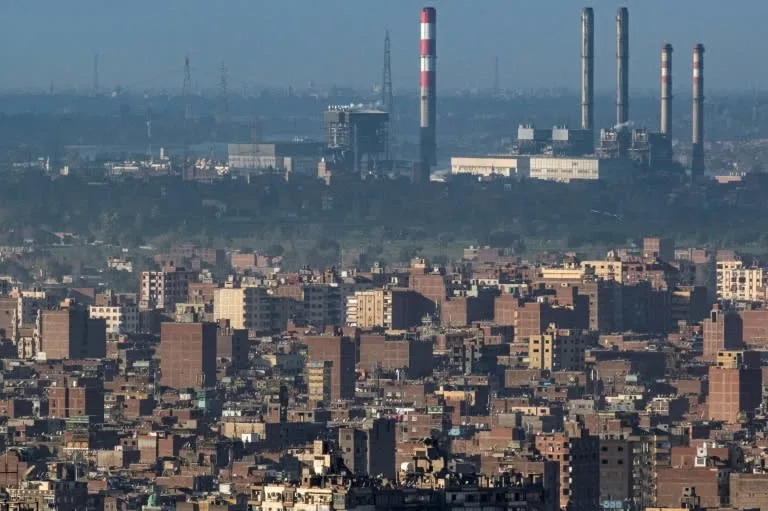To deal with the economic crisis caused by the war in Ukraine, Egypt has found a solution: reduce public lighting to save energy and export more gas, which will allow it to increase its foreign exchange reserves.
The Russian invasion of Ukraine half a year ago had an immediate impact on Egypt, the world’s largest wheat importer and which depends on these two countries for more than 80% of its grains.
The tourism sector, crucial to the Egyptian economy and still weighed down by the consequences of the covid-19 pandemic, has also been affected by the conflict.
To try to remedy the situation, the government decided to reduce public lighting. Even Cairo’s famous Tahrir Square will go dark.
“The streetlights are still on during the day while, for us, the bills do not stop increasing,” complained a 30-year-old resident of the capital who requested anonymity.
For the government, the goal is “to reduce by 15% the amount of natural gas sent to power plants in one year” to export it in exchange for dollars.
In the current context of energy crisis, Egypt, which has been self-sufficient in gas since 2018, seeks to become a major exporter.
– Lack of dollars –
But for the economist Hani Genena, from the American University of Cairo, the origin of the problem is another. “The value of the Egyptian pound is artificially high, forcing (the state) to borrow abroad, thus running the risk of being blocked from paying it back,” he explained to AFP.
“For a week now, banks have been unable to supply dollars to importers,” he warns.
Foreign exchange reserves currently stand at $33.1 billion, up from $41 billion in February.
Egypt is negotiating a new loan with the International Monetary Fund (IMF) to deal with the difficulties caused by the Ukrainian conflict in the country, where 30% of its 103 million inhabitants live below the poverty line.
Negotiations have to be “accelerated,” says Genena.
Egypt has to carry out “drastic reforms in the short term that will allow it to recover dollars,” according to the specialist.
Already in 2016, Cairo obtained a loan from the IMF for 12,000 million dollars in exchange for a strong devaluation and austerity measures. In 2020, it obtained another two credit tranches of 5.4 billion and 2.8 billion dollars.
According to Capital Economics, the delay in the negotiations with the IMF is surely due to the fact that “some high officials prefer to count on the rich monarchies of the Gulf than to apply the IMF programs.”
In recent months, Saudi Arabia and Qatar have announced billions of dollars in investments in Egypt. Riyadh even deposited $5 billion in the Egyptian central bank at the end of March.
This, however, did not prevent the reduction of reserves, curb inflation of 14.6% or reduce the public debt of 90% of GDP.

